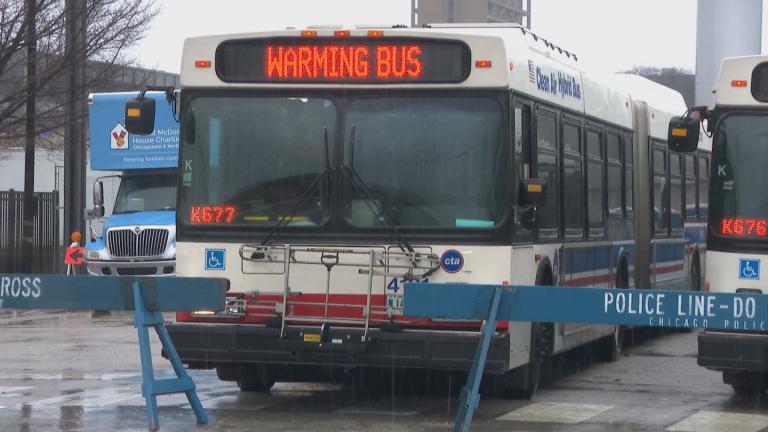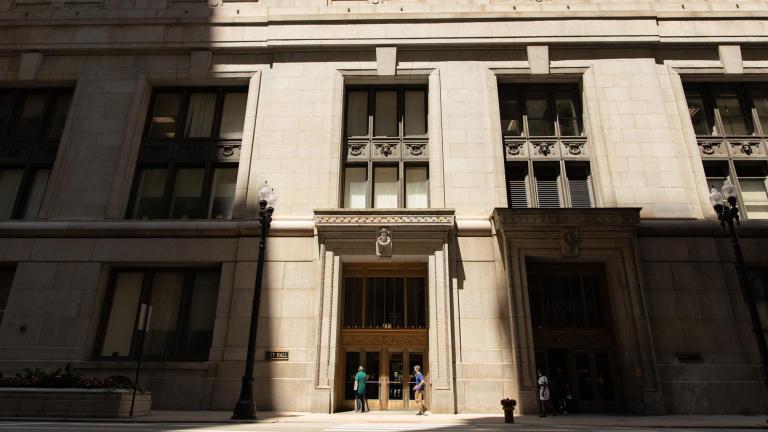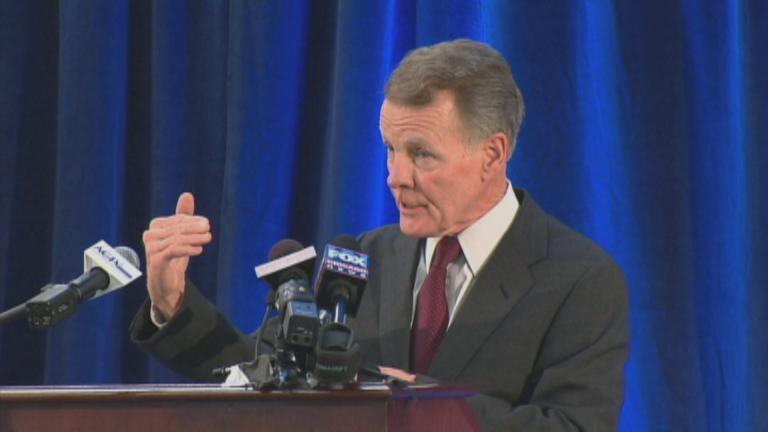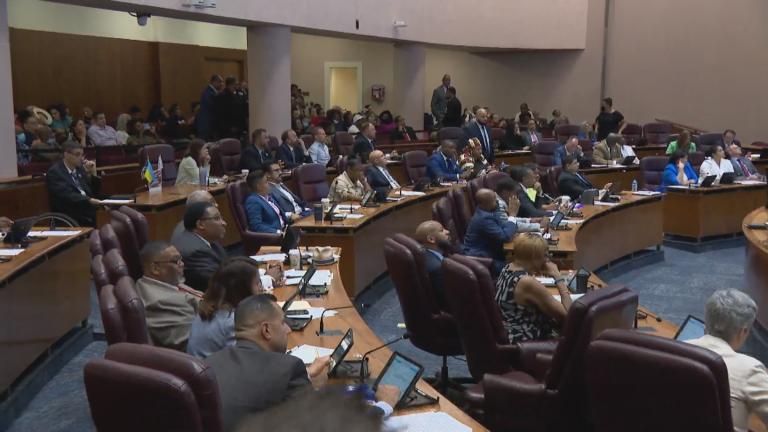Who will be the political winners and losers of the Chicago teachers strike? Our politics team of Paris Schutz, Amanda Vinicky and Carol Marin digs into that story and more in this week’s Spotlight Politics.
UPDATE: Chicago Teachers Strike Comes to an End, Classes Resume Friday
With word that Chicago Teachers Union delegates will vote Wednesday evening on a tentative contract and vote to suspend the 10-day strike, who are the political winners and losers?
Arguably, there don’t seem to be any winners.
The big losers are students and parents who have missed two weeks of curriculum, athletics and other extracurricular events, and college test prep sessions. The Chicago Teachers Union has declared the tentative agreement “monumental,” and has based its support for ending a strike on a pledge from Mayor Lori Lightfoot to restore the two weeks of missed classes at the end of the year. But sources close to the mayor say she is not inclined to agree to the extra days.
The CTU has also asked the mayor to support a state bill that would change Chicago’s public school board from seven appointed members to 21 elected members. That bill overwhelmingly passed the Illinois House but has been blocked in the Senate at the request of both Lightfoot and former Mayor Rahm Emanuel. Lightfoot says she agrees with the need for an elected school board, but is opposed to the way it is spelled out in the bill. On Wednesday, the bill’s former House sponsor Robert Martwick, who is now a state Senator, says he has received assurance from Senate President John Cullerton that the elected school board bill will have a full hearing in the Senate and be considered for a vote.
Also on Wednesday: House Speaker Michael Madigan and Gov. J.B. Pritzker weighed in on the CTU’s legislative priorities as well.
“The Governor believes every student in Illinois should have access to a quality public education and he looks forward to continuing the progress toward that goal next session,” said Pritzker’s spokesperson Jordan Abudayyeh. “The Governor has long expressed his support for an elected school board and changes to the collective bargaining process. He looks forward to reviewing the specifics when these bills reach his desk.”
Meanwhile, Madigan issued the following statement:
“The Illinois House of Representatives has long demonstrated its commitment to improving public schools throughout the state of Illinois, including reforming Illinois’ school funding formula to provide more money, equitably distributed, to schools across the state. Another part of our commitment has been our effort to support the Chicago Public Schools and ensure that Chicago’s voters, as well as Chicago’s teachers and school staffs, are treated equitably. To that end, I have supported—and the House has passed three times—a bill to bring an elected school board to the city of Chicago. Moreover, I have supported—and the House has twice passed—a bill to ensure that Chicago’s school personnel can negotiate over the same issues that educators in every other school district in Illinois can negotiate. The House of Representatives will continue to advocate for equitable treatment for all schools in Illinois, and will again give full consideration to these proposals in the upcoming spring session.”
A Chicago Public Schools source says the mayor has not given CTU any assurances that she would push for Martwick’s elected school board bill in Springfield as a condition of reaching a labor agreement.
Follow us on Twitter: @wttw | @paschutz | @AmandaVinicky | @CarolMarin
Related stories:
Teachers Union Signals Readiness to Vote on Tentative Deal, If Lost Days Made Up
Internal Document Provides Insight into CTU Bargaining
Lightfoot Accuses CTU of Moving Goal Posts After Marathon Bargaining Session








